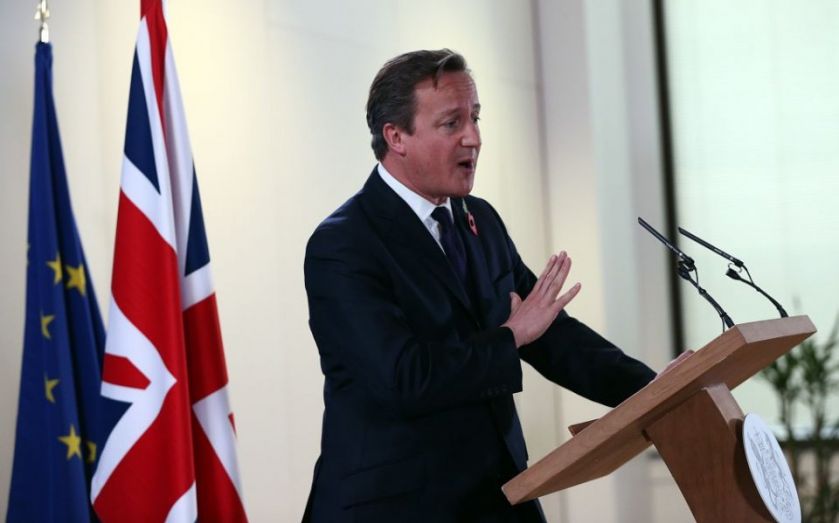Will David Cameron fail to achieve fundamental reform of Britain’s EU membership terms?

Brian Monteith, communications director of Global Britain, says Yes.
When one considers the term “fundamental”, one might think that it would include leaving the Common Agricultural and Fisheries policies that increase the cost of food to British consumers and deliver poverty to third world countries. Or we might think it would include reducing the UK’s whopping annual net contribution of £15bn to the EU Budget, a sum which will only continue to grow.
It includes none of these. Without treaty change, any protocols or promises to deliver reform in the future will be subject to amendment by future politicians or European courts – and treaty change is not on the cards. While anyone who has the best interests of the UK’s long-term prosperity at heart must wish the Prime Minister every success in his goal of achieving fundamental change to our membership of the EU, the realistic conclusion must be that he will not only fail to meet his own weak terms of reference, but that anything promised cannot be lasting and would require further change later.
Lucy Thomas, campaign director of Business for New Europe, says No.
“Where there’s a will there’s a way.” Don’t take it from me, but from Angela Merkel, who said this after a meeting with David Cameron last week. However much this may seem like a Britain-only charge for a new deal, there is in fact a drive across the continent to make Europe work better.
So what does this look like in practice? Cutting red tape, streamlining institutions and allowing national parliaments to have far more influence on decisions – these are all changes which many other countries would like to see. As the Eurozone integrates further, the UK and other non-Eurozone members need clarity and certainty that we won’t be outvoted and marginalised.
To those who say “it can’t be done”, what about David Cameron’s successful charge to cut the EU Budget? And the massive overhaul of the Common Fisheries Policy of which many were hugely sceptical? Britain has proven it can be done in the past and it’s all to play for now.